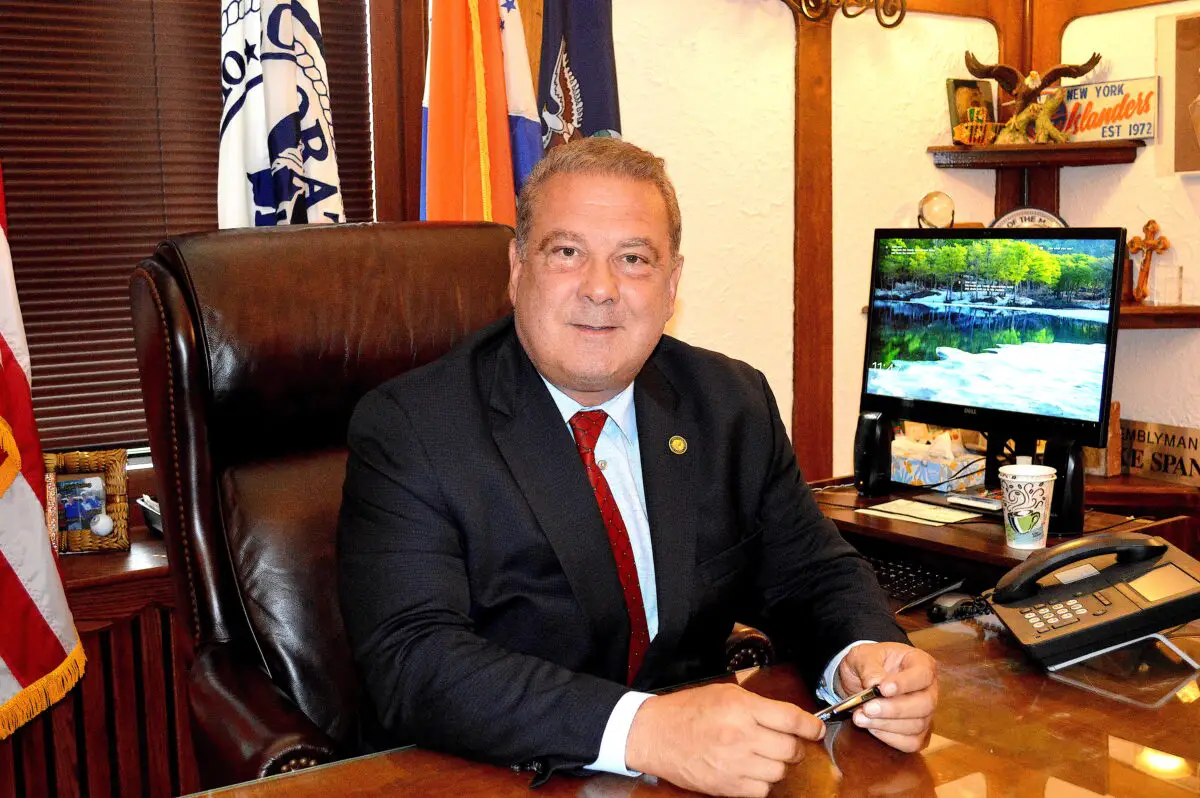Investors hold strongly negative views toward the rating agencies and the SEC and expect the current market malaise to continue through the remainder of this year and into next, according to the latest survey by the Greenwich Roundtable and Quinnipiac University.
“Leverage, liquidity and lack of confidence are still keeping the sophisticated investor on the sidelines,” said Steve McMenamin, executive director of the Greenwich Roundtable.
According to the survey, investor trust and confidence toward both the regulatory agencies and alternative investments has been shaken. Confidence is low and a minimum of a six- to 12-month period of stability will be required to bring investors back into the markets.
“The credit crisis underscores the need for a return to basic investing fundamentals,” said Matthew O’Connor, professor of finance and interim dean of the School of Business at Quinnipiac and head of the Alternative Investments Institute. “There is the need to understand and remember the importance that the role of real liquidity, real leverage, diversification and due diligence plays in portfolio construction.”
O”™Connor said the findings of the current Quinnipiac-Roundtable survey relate to the investor mood to asset allocation, “gates,” the regulatory agencies, even Bernard Madoff.
The survey found that over the past quarter, more than one-third of participants signaled they had lowered their allocations to alternative investments while 54 percent of participants are keeping their allocations constant. Close to 50 percent of respondents believed that asset prices will need to stabilize for a period of six months to a year before investors return to the markets.
Thirty percent of managers felt it will take a year or longer for market conditions to improve.
One-third of participants said that between 10 percent and 40 percent of managers are raising gates or suspending redemptions with close to one-quarter of managers indicating dissatisfaction with current fund gate structure. About 10 percent of investors felt that gates were being abused.
“We have never seen so many rational, cool-headed limited partners refrain from making future commitments to alternatives,” said McMenamin.
Approximately 45 percent of members felt that better oversight by the SEC could have prevented the Madoff fraud and 28 percent of respondents believed that any due diligence should have raised enough red flags to preclude investing. A quarter of investors said that verification by auditors could have prevented the Madoff scandal.
Nearly three-quarters of respondents voiced a negative view of the SEC and 97 percent of respondents believed the rating agencies to be ineffective.
The Greenwich Roundtable and Quinnipiac University surveyed 89 private and institutional investors between January and February.



















